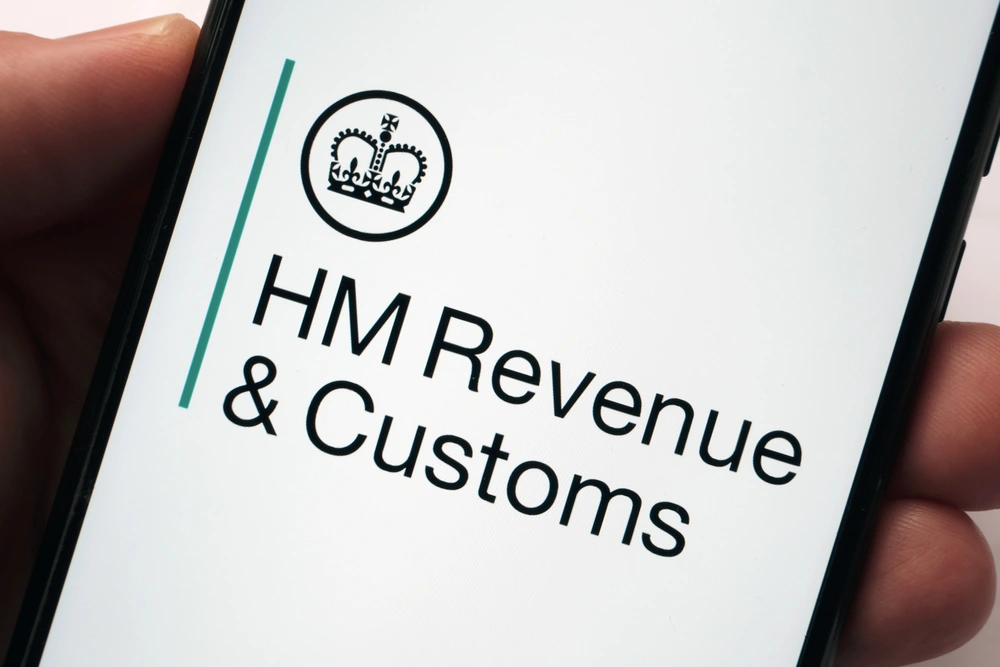The COVID-19 pandemic currently sweeping the globe is asking more of us every day, with the ever-evolving situation becoming testing for everybody.
What has made things worse is that scam artists are preying on the uncertainty to take advantage of vulnerable people.
The UK’s community spirit is already showing how resilient and thoughtful we can be as a nation. This is demonstrated in community and neighbourhood schemes to help each other out. While the majority of these are well-intended and helpful, there are examples of people trying to fraudulently profit in the circumstances.
Action Fraud has released details about a 400% increase in scams, with close to £1,000,000 being defrauded from innocent people and businesses. There’s every chance that this will increase as the weeks go on.
Now, more than ever, you will need to be vigilant to protect yourself from potential crime. This can involve people trying to steal or fraudulently acquire your money, or worse violently attack you if allowed into your home. Here are some tips to avoid falling victim to these shady schemes.
Cold calling at your home
There has been an upturn in people knocking on doors or posting leaflets claiming to be offering helpful services. These include vaccines for the virus, home-testing or offering to do grocery shopping if you cannot get out and about. They then pocket the cash, or at worst rob and potentially harm you when allowed into your home.
You should automatically be wary of anyone offering these or any doorstep service. Anything directly related to the disease, in particular, is a red flag for potential fraud, and should anyone knock on your door or post a leaflet regarding it’s a good idea to contact the police.
Do not trust anyone you don’t know at your door, and don’t let anyone in your home. If you are worried about access for essentials such as food shopping, speak to your neighbours you do know as they may be able to help you out.
Telephone scams
You are also potentially susceptible to contact via phone, with people calling home phones and mobiles and sending texts. You should be wary of answering the phone to any numbers you don’t recognise when calling your mobile, and if something sounds suspicious, the best thing to do is hang up and report it to Action Fraud.
Text messages may ask you to call a number or click on a web address, a scam known as phishing. Doing so could allow malicious software known as malware into your smartphone. This then enables criminals to access personal data such as your name, address and passwords. They can then use this to access money within your bank accounts.
Also, be wary of messages that look legitimate. Criminals can use many techniques to make texts or messages sent on platforms like WhatsApp appear from a trustworthy source such as the NHS. This is known as number spoofing.
If you are sent something which you think might be legitimate but are not sure, use Google or another search engine to find the legitimate contact details to the organisation. If they match up, you can then contact, but to be safe, don’t do it through the message itself. This guide from Which? also outlines many ways in which you can spot potential scam messages.
If you do suspect the message is a scam, do not under any circumstances respond to it - even with the message STOP. Instead, forward it to 7726, which is the national number for reporting nuisance texts or SPAM messages (7726 is the number you get when you type out SPAM on your keyboard). Your network provider can then potentially block the number.
Online scams
More and more websites have been set up with the specific purpose of misleading people into making purchases for products that don’t exist. This includes a raft of products such as face masks and hand sanitisers that people would not normally buy or only in small quantities, and that is likely to be sold out from traditional retailers.
When making any online purchase, it’s best to research the retailer before making any form of payment. Check out the online reviews for the site via a quick search on google or any other search engine. Negative reviews or nothing at all should indicate that it’s not a trustworthy retailer.
You should take similar care for any emails that you are sent around Corona related products such as hand sanitiser or A spate have claimed to be from Centers for Disease Control and Prevention and the World Health Organization according to a report from the Guardian. The same report tells of one person paying over £15,000 for face masks that were never delivered.
Phishing scams are also highly prominent within emails, so be suspicious of any contact that isn’t from a mailing list you subscribe to. Fraudsters will also use logos from banks and HMRC to seem more legitimate, so check the email addresses are from a valid source. And under no circumstances ever email personal details to anyone.
Check-in on the vulnerable
Do you have older friends or relatives who might be more susceptible to fall for these tactics and tricks? If so, call them to let them know to be more vigilant and warn them about these potential frauds.
Older people, particularly those with no internet access, are even more at risk due to the chances of them being less technically savvy than others. Remember, fraudsters may not use COVID19 directly to defraud people but may use more traditional scams whilst more and more people are isolated. Here are six common bank scams to be wary of.
If you feel you have been the victim of fraud or cyber-crime, or that you have encountered anything suspicious report it to Action Fraud.
Disclaimer: We make every effort to ensure that content is correct at the time of publication. Please note that information published on this website does not constitute financial advice, and we aren’t responsible for the content of any external sites.








